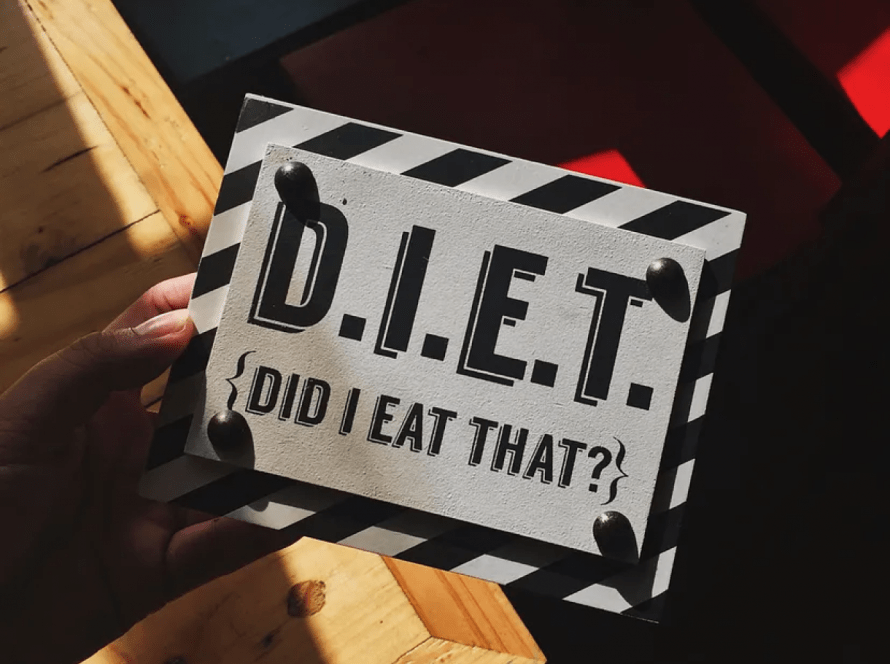As January comes to an end, many of us start to realise that those ambitious New Year’s resolutions to lose weight or stick to a strict diet may already feel impossible to maintain. If this resonates with you, then realise that you’re not alone.
Much of what we’re told about weight loss simply doesn’t work—and often sets us up for failure.
Here, we’ll share the top 10 weight loss myths that might be holding you back and give practical, mindset-focused solutions to help you prioritise health over harsh, restrictive dieting.

Most common weight loss myths
Myth 1: Diets Are the Best Way to Lose Weight
The Reality: Diets often promise quick results, but they rarely work long-term. Many people regain the weight (and more) once the diet ends. Instead of focusing on diets, shift your attention to building healthy, sustainable habits. Think about nourishing your body with balanced meals rather than depriving yourself.
Myth 2: Weight Loss Is Just About Willpower
The Reality: Weight loss isn’t about willpower; it’s about understanding the thoughts and habits driving your behaviours. Cognitive Behavioural Therapy (CBT) can help you identify unhelpful thought patterns and replace them with healthier, more supportive beliefs and actions.
Myth 3: You Need to Set Big, Specific Weight Loss Goals
The Reality: While having goals can be motivating, rigid, weight-focused goals often lead to frustration and burnout. Instead, try setting intentions that focus on your actions and values, such as “I intend to move my body daily” or “I intend to eat more vegetables.” Intentions feel more flexible and empowering than strict rigid goals.
Myth 4: Exercise Alone Will Lead to Weight Loss
The Reality: Exercise is fantastic for your overall health, but on its own, it’s not the magic key to weight loss. A holistic approach that also includes balanced eating, stress management, and good sleep habits is far more effective in the long run.
Myth 5: You Need to Cut Out All ‘Bad’ Foods
The Reality: Labelling foods as ‘good’ or ‘bad’ creates an unhealthy relationship with eating. Restricting certain foods often leads to cravings and overeating. Instead, aim for balance. You can enjoy your favourite treats in moderation while focusing on overall healthy choices.




